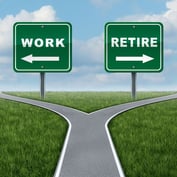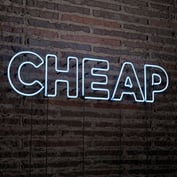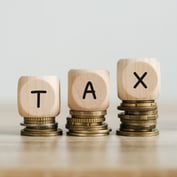This weekend’s cover story in Barron’s was devoted to the impact of this year’s presidential election on investors. New policies on income taxes, spending, capital gains and trade issues — plus the current and future Supreme Court openings — all weigh heavily on the minds of the people who put capital at risk.
Barron’s conclusion is that Democrat “Hillary Clinton is the more investor-friendly of the two” major parties’ front-runners, the other being Republican Donald Trump.
Here is a corollary conclusion: the hand-wringing of the investor class is wildly overdone.
Why is that? If you have read this column before, you probably are familiar with my views: Investors don’t know what the future holds and cannot know in advance all of the complex machinations that follow any sort of major political event. Even if they could know, it likely won’t matter, at least it won’t in the short run.
For that reason, which candidate ultimately becomes president is much less consequential to your portfolio than you have been led to believe.
Recall as we noted last month that a substantial number of Americans, including some investors, believe that President Barack Obama is a Muslim, Kenyan-born socialist who was going to destroy the U.S. and take the stock market with it. Meanwhile, the Dow Jones Industrial Average almost tripled during his first six years in office (though it has fallen about 7 percent from its 2015 high). Before Obama, other voters expected that George W. Bush was going to blow out the deficit and kill employment. Instead, the market almost doubled from 2003 to 2007 (before collapsing in a disastrous financial crisis the next year).
Barron’s is less skeptical than I am about the immediate impact of any presidential candidate. The presumption is that whoever is elected will have a significant and immediate affect on both the economy and the markets.








 April 08, 2016 at 12:23 AM
April 08, 2016 at 12:23 AM










